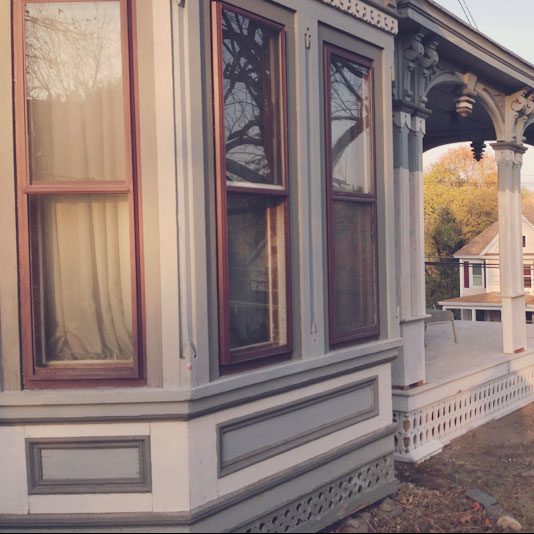Image: circaoldhouses.com
Have you ever considered entering the real estate investment game? Maybe you have thought about purchasing a home or homes to restore, fix-up, and flip? Or maybe you want to purchase a fixer-upper for your own use as your primary residence or a second home.
Whatever the case, if you are considering purchasing any home that needs restoration or updating, no matter the extent, there are a number of money traps and other issues to be aware of. And, unless you are a certified expert on home buying or construction, in addition to taking the following guidelines from American Lifestyle Magazine seriously, we also suggest that you have someone on-hand who can review these items.
Avoid This in a Fixer-Upper Home
A fixer-upper can be a great investment, especially for a new family looking to make a space their own over time. They can be a truly incredible deal, but if you don’t know what to look for and aren’t careful, it can also swallow you in a pit of money.
If you’re looking to purchase a fixer-upper, here are some of the most important conditions to consider.
A workable floorplan.
You can knock down small walls, repaint, and even refinish the floors, but removing load-bearing walls is a one-way ticket to a drained bank account. Make sure the fixer-upper home you settle on has a floorplan you love, or that you can at least work with.
Look for leaks.
A leaky roof, old piping, and a waterlogged basement are a recipe for disaster. You might love everything about a house, but if there are serious structural problems, there will hardly be any time or money left in the budget for anything else.
Check the foundation.
The same goes for the base of the home. A strong foundation is essential in keeping the rest of the house structurally sound. If there are noticeable signs of rot or crumbling, it could cost a pretty penny to fix. You’re better off finding another place with a sturdy foundation and horrible shag carpet (that you can replace)!
Watch the wiring.
Older homes will also come with older wiring, and this is something you simply cannot skimp on. Make sure you trust your inspector, as faulty or damaged wiring that goes unnoticed can not only be costly to repair later but can be extremely dangerous. Not all issues will be expensive to fix, but it’s worth looking into before you make any formal commitments to home.
For more real estate tips and tricks, visit www.americanlifestylemag.com/home.




